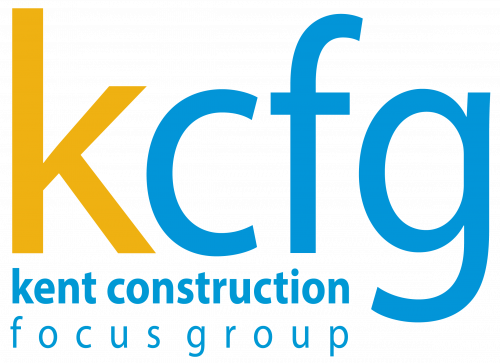Quarterly Economic Survey (QES) Results For Q1 2019
The British Chambers of Commerce’s quarterly economic survey – the largest private sector survey of business sentiment and leading indicator of UK GDP growth – found that key indicators of UK economic health weakened considerably in the first quarter of 2019.
- The balance of services firms reporting a rise in export sales at its lowest level in a decade
- The balance of firms reporting improved cashflow turned negative for the first time since 2012
- Investment intentions in both manufacturing and services sectors at lowest level for eight years
Against a backdrop of a slowing global economy, escalating Brexit uncertainty, and rises in business costs as the UK enters a new tax year, the latest results from the survey of over 7,000 businesses – employing around one million people – reflect a deterioration in many gauges of the UK’s economic strength.
In the services sector, the percentage balance of firms reporting an increase in export sales stood at zero, its weakest level since 2009 and the orders balance turned negative (more firms reporting that orders have decreased than those reporting an increase) for the first time in eight years. The balance of firms reporting improved domestic sales and orders also weakened significantly in the quarter.
Among manufacturers, the percentage of firms reporting an increase in domestic and export sales and orders dropped back to their 2016 levels.
The balance of firms reporting improved cashflow – a key indicator of business health – and which has been declining over recent years, has now gone into negative territory for the first time since 2012.
The lack of clarity over the UK’s future relationship with the EU is continuing to weigh on investment intentions in both the manufacturing and services sectors. The balance of firms who looked to invest in either plant and machinery or training dropped in both sectors to their lowest level in eight years. Business confidence in profitability and turnover also deteriorated sharply in the quarter.
The leading business group has been calling for an end to the relentless uncertainty, which as the latest results from the long-standing business survey highlight, has damaged the confidence and investment plans of business communities. Westminster must ensure that a messy and disorderly exit is avoided and provide firms with certainty on future conditions to prevent further declines. To kickstart strong growth in the economy, government must return its attention and energy to removing barriers to growth in the domestic environment.
Ill-timed increases in business costs – including compliance with Making Tax Digital, higher business rates for some firms, increased employer pension contribution requirements, and more – are also raising costs pressures for companies across the UK at a time when government should be looking to reduce rather than increase burdens.
Key findings in the Q1 2019 survey:
Manufacturing sector:
- The balance of firms reporting increased domestic sales fell six points to +15, while those reporting improved domestic orders also fell from +16 to +9 – both are at their weakest level since Q4 2016
- The balance of firms reporting improved export sales fell from +20 to +14, and the balance of firms reporting improved export orders dropped from +18 to +10 – both their weakest since 2016
- The balance of firms reporting improved cashflow dropped into negative territory for the first time since Q3 2012, standing at -1 (down from +10)
- The percentage of firms attempting to recruit fell from 67% to 62%, the weakest since Q1 2012. Of those, 79% reported recruitment difficulties, close to its record high
- The balance of firms increasing investment in plant/machinery fell in the quarter from +18 to +6, the weakest since Q4 2011, and investment in training from +19 and +14, weakest since Q3 2012
- The balance of firms confident that turnover and profitability will increase in the next 12 months fell, from +41 to +26 for turnover and +27 to +13 for profitability – both are at their weakest since Q4 2011
Services sector:
- The balance of firms reporting increased domestic sales fell from +18 to +10, the weakest since Q3 2016. Those reporting improved domestic orders fell from +14 to +5, the lowest since Q3 2012
- The balance of firms reporting improved export sales fell from +14 to +0, the weakest since Q2 2009. Those reporting improved export orders dropped from +9 to -2, reaching negative territory for the first time since Q4 2011
- The balance of firms reporting improved cashflow dropped in negative territory for the first time since Q4 2012, falling from +6 to -1
- The percentage of firms looking to recruit fell slightly to 48%. Of those, 70% had recruitment difficulties – the same as in the previous quarter, close to its record high
- The balance of firms looking to increase investment in plant and machinery fell from +10 to +1 (weakest since Q3 2011), and from +15 to +10 in training (lowest since Q3 2012)
- The balance of firms confident that turnover and profitability will improve over the next year fell slightly, from +37 to +26 for turnover (lowest since Q4 2011) and +28 to +19 in profitability (weakest since Q3 2016)
See the Quarterly Economic Survey Overview for Kent for Q1 2019






